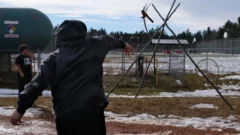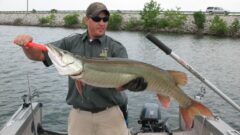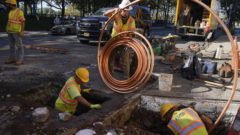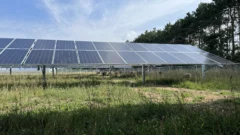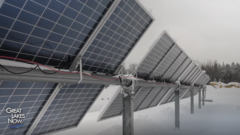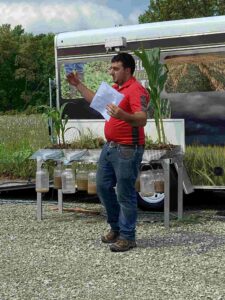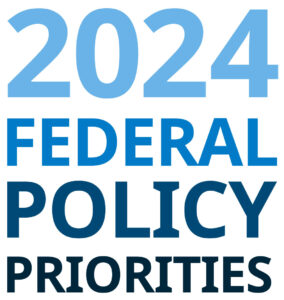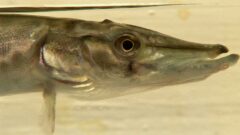Great Lakes economy relies on icebreakers to keep moving. Baldwin to host hearing on expanding capacity.
Congressional lawmakers are coming to Wisconsin later this week to talk about an important resource that keeps the Great Lakes region’s economy afloat: icebreaking. Senator Tammy Baldwin is set to host a hearing with U.S. Coast Guard officials and business leaders to testify on the need to expand icebreaking capacity on the Great Lakes. Read the full story by the Milwaukee Journal Sentinel.
Great Lakes Commission
https://www.glc.org/dailynews/20240226-greatlakes-economy-icebreakers-baldwin

